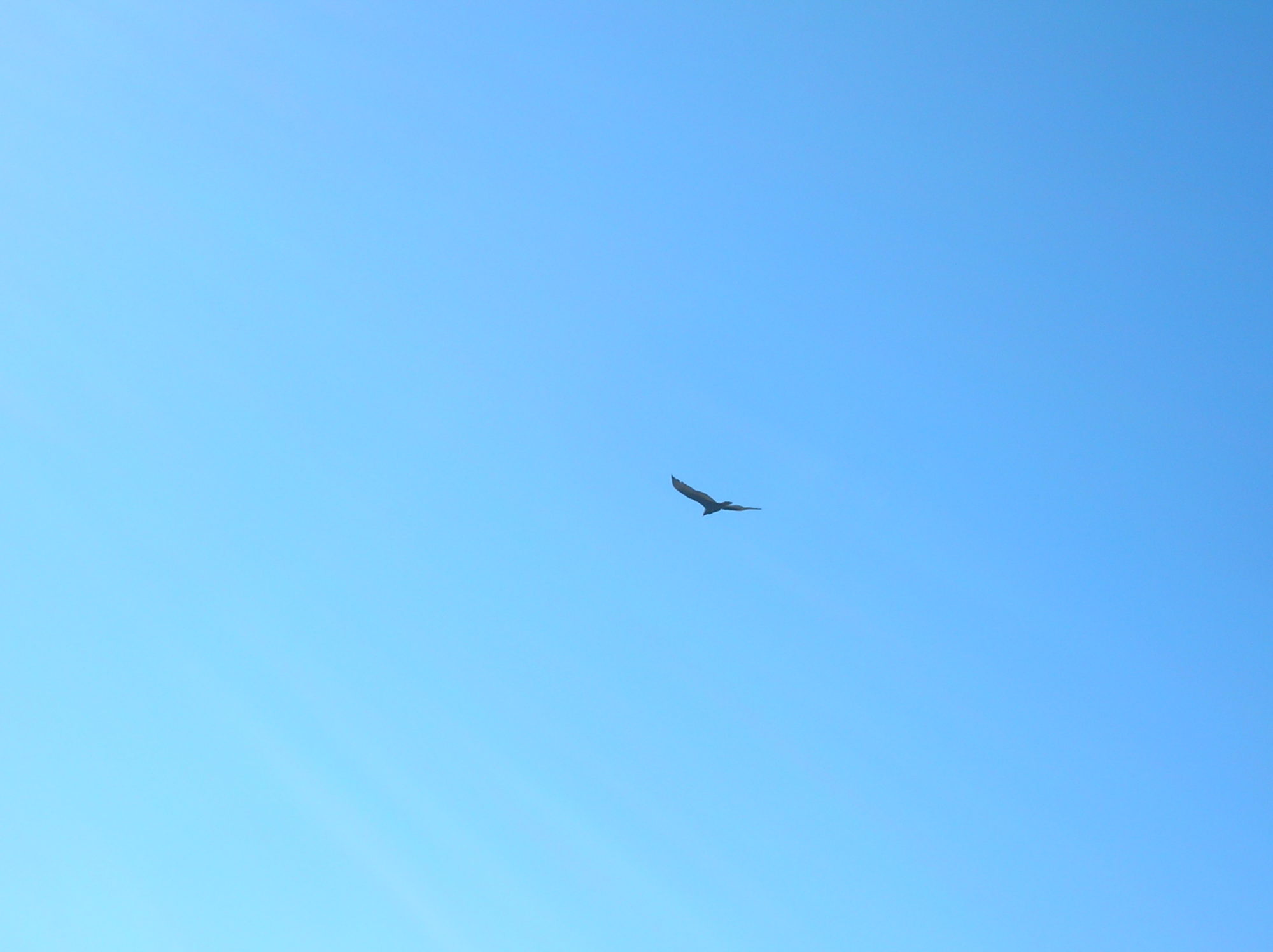PLEASE NOTE THAT THIS COURSE DOES NOT USE CANVAS
COURSE DESCRIPTION What is History 384 about?
History 384 is about empires and colonies; this spring, it’s about French imperialism in the 19th and 20th centuries. We’ll be studying two colonies: French Indochina and French Algeria. We’ll look at some of the different approaches historians take in what many call a post-colonial era, the present.
METHODS What will I be expected to do in this course?
This course does NOT require writing, other than a midterm and a final. It DOES require substantial time outside class for reading, as well as active participation in class every Monday and Wednesday morning.
ASSESSMENT. How will I be graded in this course?
33% Midterm.
33% Final.
34% Class participation. Class participation requires that students be prepared to present a summary and/or analysis of the assigned reading at any point, in any class. You may also be asked to evaluate evidence, based upon the reading. Since we’ll be discussing the texts in detail, please bring the current assigned reading with you to class each week.
OUTCOMES: What will I learn in History 384?
Students who complete this course successfully can expect to
1. Be more familiar with the history of modern France, French Indochina and French Algeria;
2. Be aware of the different ideological contexts and historiographies within colonial history;
In addition, the course structure is designed to develop
1. Critical reading skills;
2. Critical evaluation of both primary and secondary material;
3. Skill in extemporaneous presentation;
4. An appreciation of the uses of historical material in reasoning and in constructing an argument.
TEXTBOOKS: What texts are required for this course? where can I purchase or rent them?
The following texts are required for History 384. They have been ordered by the campus bookstore. Books are listed in the order we’ll read them.
Prochaska. Making Algeria French. Cambridge University Press, 1990. 0-521-53128-4
Shepard. The Invention of Decolonization. Cornell University, 2006.978-0-8014-7454-5
Saada. Empire’s Children. University of Chicago, 2012. 978-0-226-73308-1
Fogarty. Race and War in France.Johns Hopkins U Press, 2008. 978-0-421-497661
Brocheux. Indochina. U California Press, 2009. 978-0-520-24539-6
Lam. Colonialism Experienced. University of Michigan Press, 2000. 0-472-06712-5
Jennings. Imperial Heights. U California Press, 2011. 978-0-520-26659-9
Fall. Hell in a Very Small Place.DA Capo Press, 2002.(Harper & Row) 978-0-306-91157-9
Some of the required books are available online through the SSU library, BUT please remember that your access to online books may be limited. You are strongly advised to arrange for your own copy of each required text, since so much of your course grade depends upon your ability to read and understand assigned material each week.
INSTRUCTOR: Who is teaching this course? When can I meet with the instructor?
I am the instructor, Mary Halavais, and I am a professor in the SSU History Department. My own research involves early modern Spain, and the early modern world in general. My office is Stevenson Hall, Room 3708. Email, halavais@sonoma.edu, is the best way to reach me.
Office hours this semester are Monday and Wednesday 12:00 to 1:00 p.m. and 2:15-2:45 p.m. If you have questions about the course, you can also talk with me before or after class, during office hours, or by email.
PLAGIARISM: What is plagiarism, and what do I need to know about it for this course?
The American Historical Association’s statement on plagiarism, available on its website, defines plagiarism and explains some of its consequences. Please consult it.
Plagiarism is a serious offense, and its repercussions go far beyond your instructor’s dismay and disappointment. At the least, it will result in your being officially reported to the university and in your failing this course. Please consult the SSU webpage for the university’s policy on plagiarism.
ACCOMMODATIONS: If you are a student with special learning needs, your first step is to register with the campus office of Services for Students with Disabilities, 707-664-2677. DSS will provide you with written confirmation of your verified disability, and will notify the instructor of recommended accommodations. Your instructor will discuss these recommended accommodations with you.
UNFORESEEN CIRCUMSTANCES and class interruptions: California has fires, floods and earthquakes, in addition to pandemics. We can’t predict when these events will happen – but we can adjust the course requirements, and the way the course is taught, so that we continue to go forward.
CLASS SCHEDULE – WEEK BY WEEK
WEEK 1: 1-22
A Long Colonial History
M No class meeting – strike
W Early French explorers in the New World
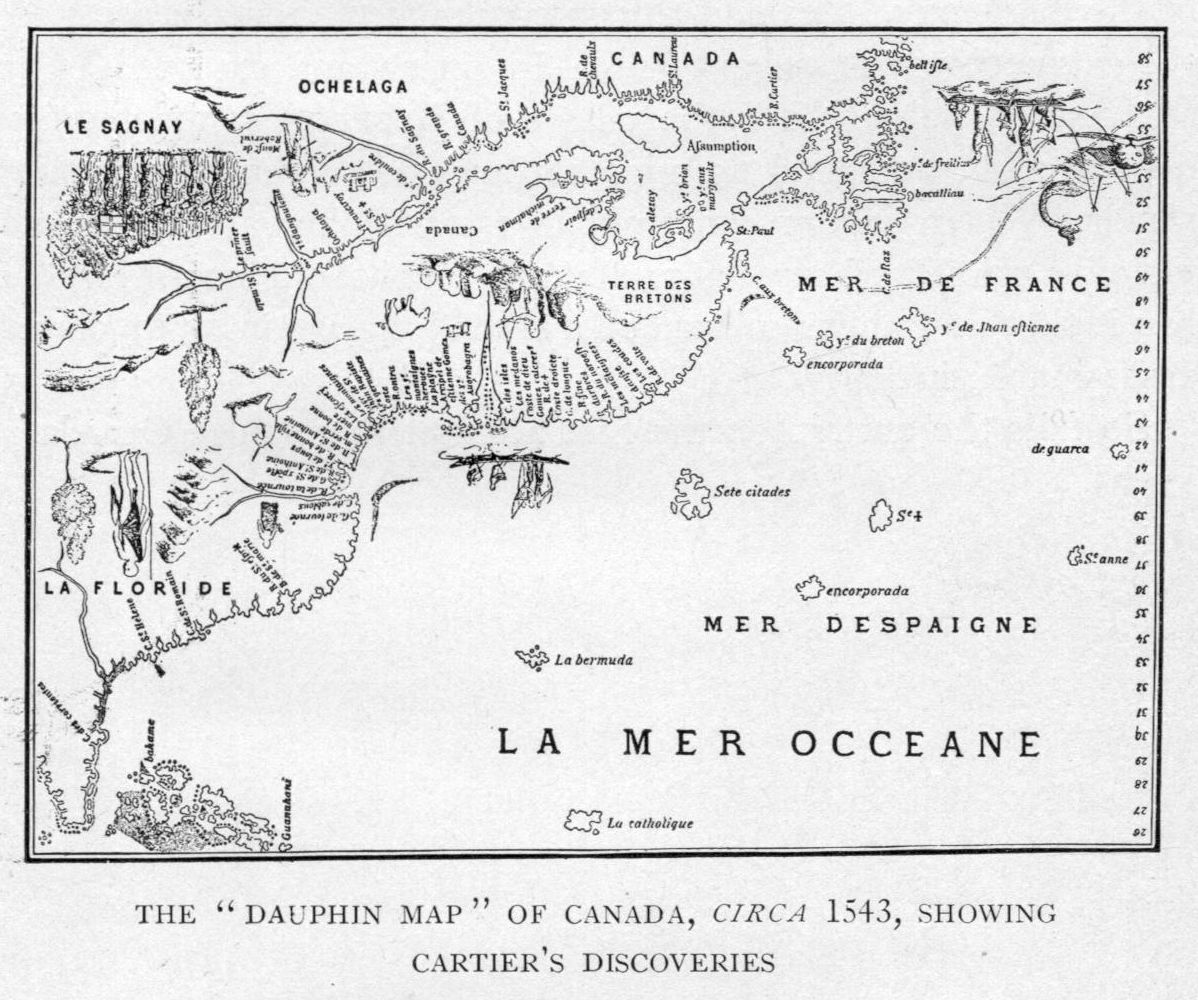
____________________
WEEK 2: 1-29
From the French Revolution to the Trois Gloriouses
M French colonies – 1555-1779
W France Metropole 1500-1610
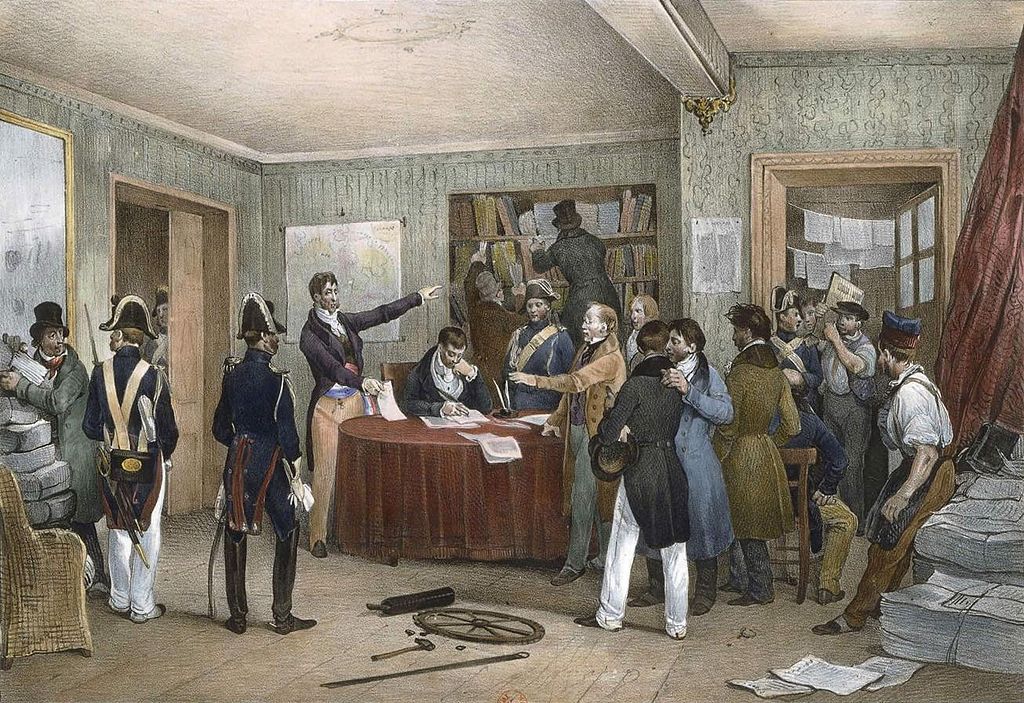
Victor Adams
___________________
WEEK 3: 2-5
From the Revolution to Modernity, Part I
M 3 Louis and 1700s (no class meeting –sonoma.edu email for slides)
W The French Revolution and after
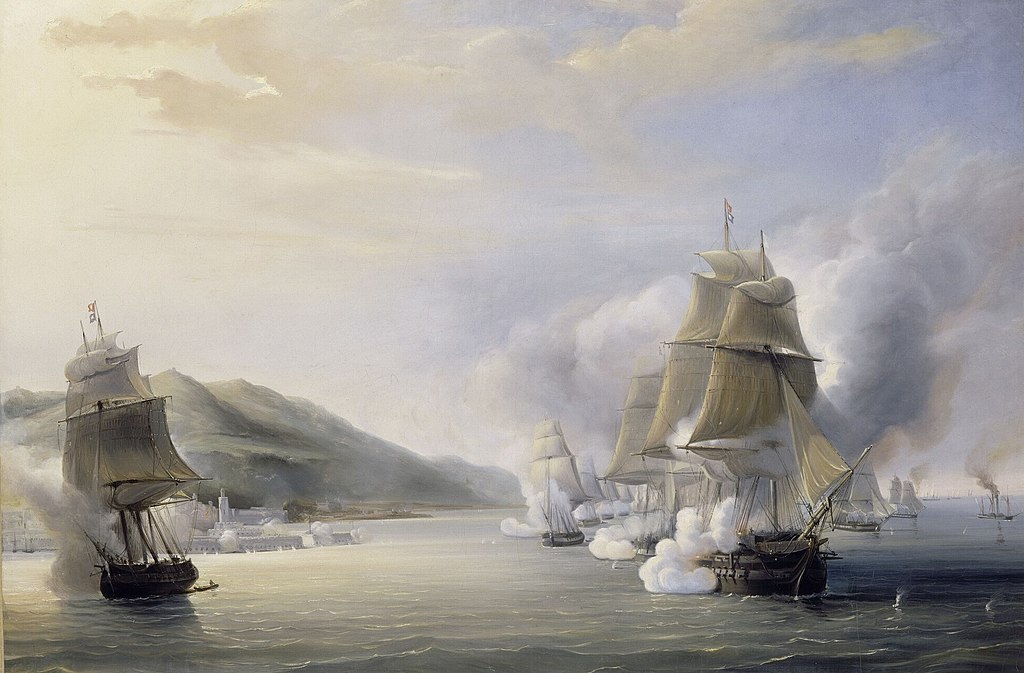
Lèon Morel-Fatio
READING DUE FEB 12:
Prochaska, chapter 1 through 4 (1-135)
____________________
WEEK 4: 2-12
Presentations:
Feb 12
Feb 14 Cole – Chapters 3 and 4
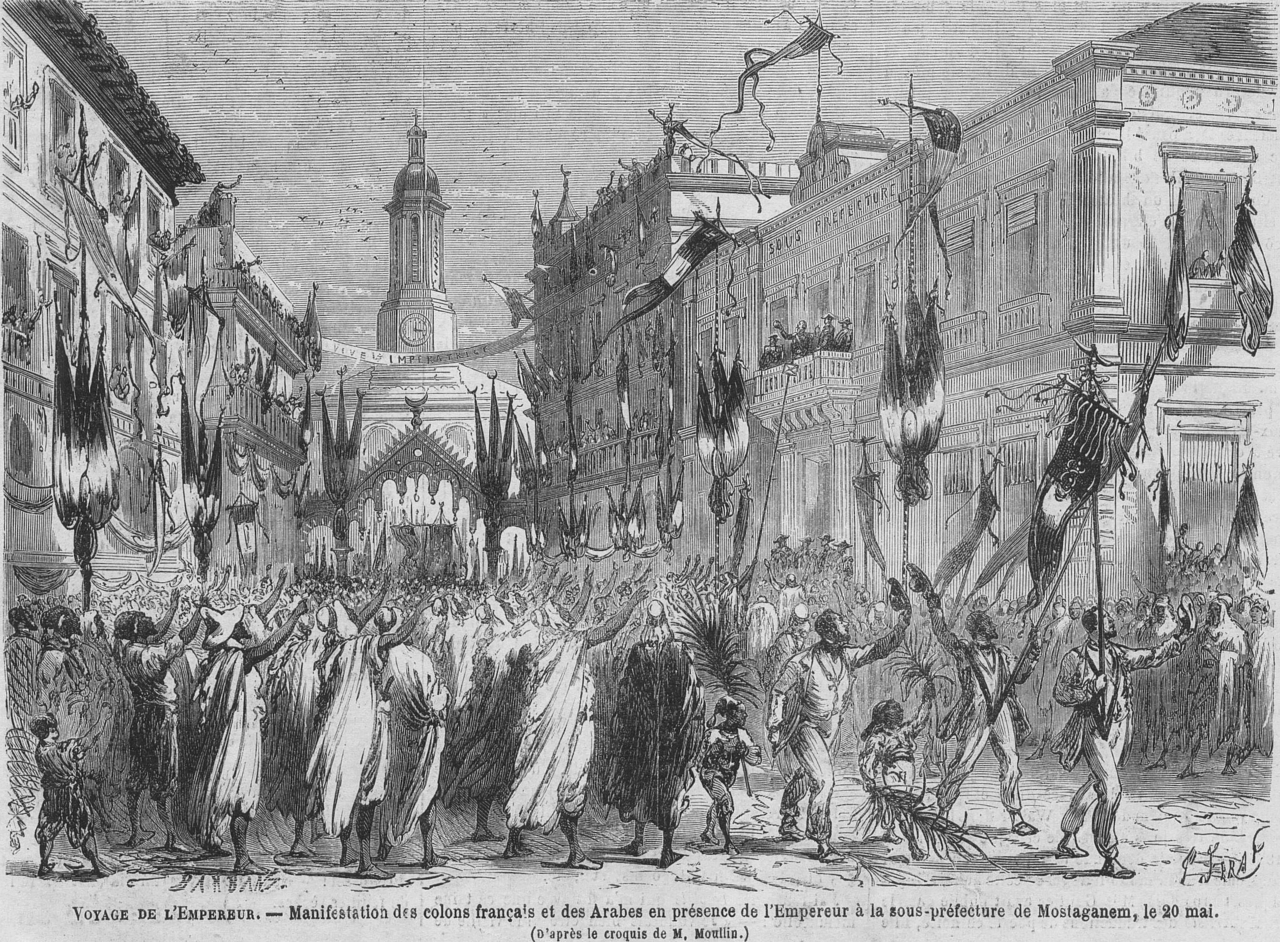
le Monde illustré mai 1865
READING DUE FEB 19:
Prochaska, Chapters 5 through 7 and conclusion (135-230)
____________________
WEEK 5: 2-19
Presentations:
Feb 19
Feb 21 Joshua S Chapter 6
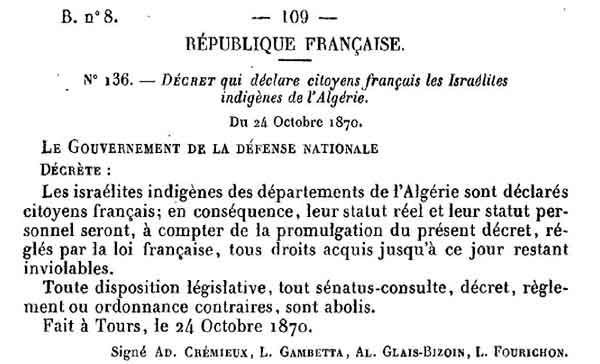
READING DUE FEB 26:
Shepard, Part I, Chapters 1-4 pages 17 – 137)
____________________
WEEK 6: 2-26
Presentations:
Feb 26 no class meeting
Feb 28 Aden (Shepard 1-4)
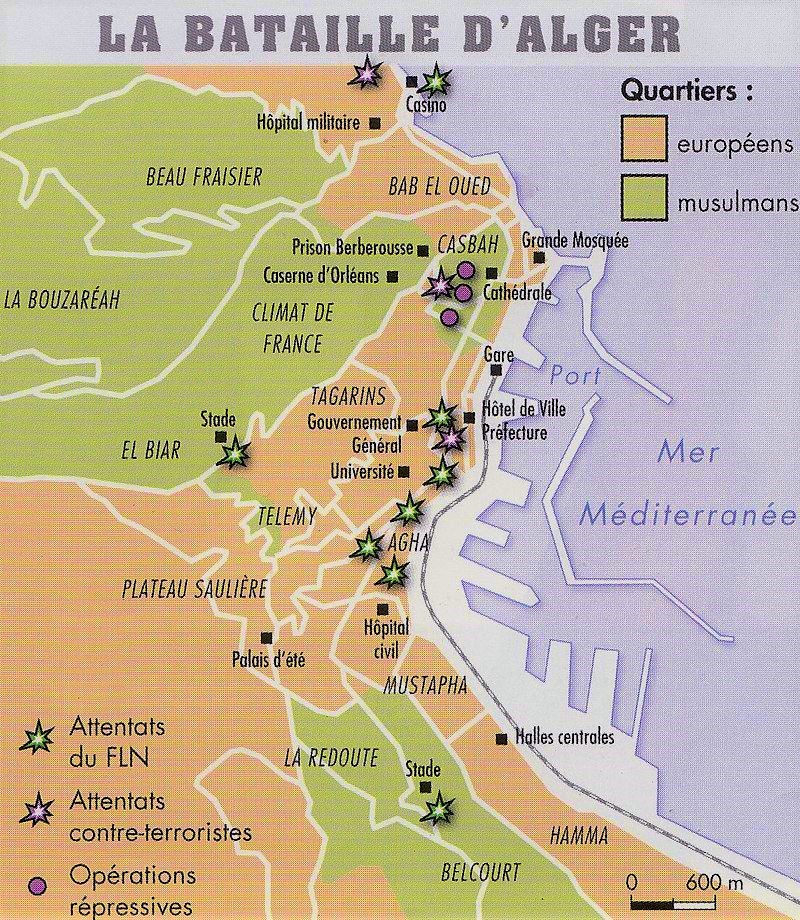
READING DUE MAR 4:
Shepard, Part II, Chapters 5-7( pages 137-205)
____________________
WEEK 7: 3-4
Presentations:
Mar 4
Mar 6
READING DUE MAR 11:
Race and War in France
_____________________
WEEK 8: 3-11
Presentations:
Mar 11 film: The Battle of Algiers
Mar 13 Athena and Kyle
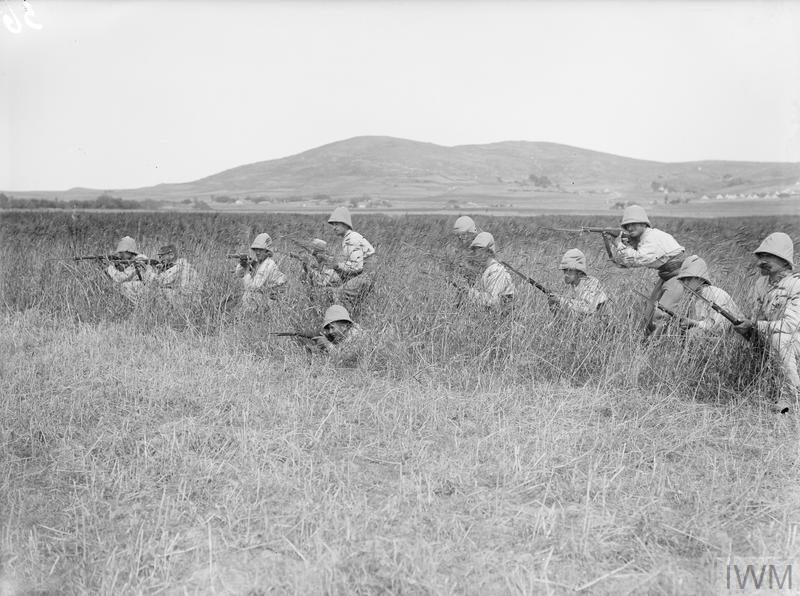
READING DUE MAR 18:
Empire’s Children, Parts I, II, and III
____________________
WEEK 9: 3-18
SPRING BREAK
____________________
WEEK 1O: 3-25
MIDTERM EXAM WEEK
____________________
WEEK 11: 4-1
M APRIL 1 HOLIDAY – CÊSAR CHAVEZ DAY
W The beginning of French Indochina
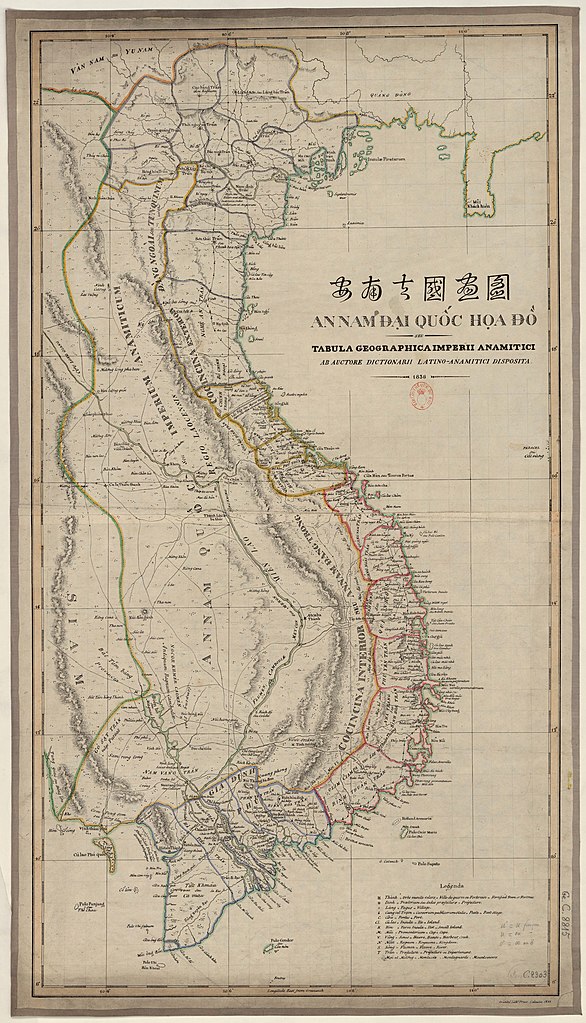
REQUIRED READING DUE APRIL 8:
Brocheux, Intro, Chapters 1 and 2 (15-116)
Colonialism Experienced (8-32)
____________________
WEEK 12: 4-8
Presentations:
M Juan; Colonialism Experienced
W Resistance to the French in Vietnam
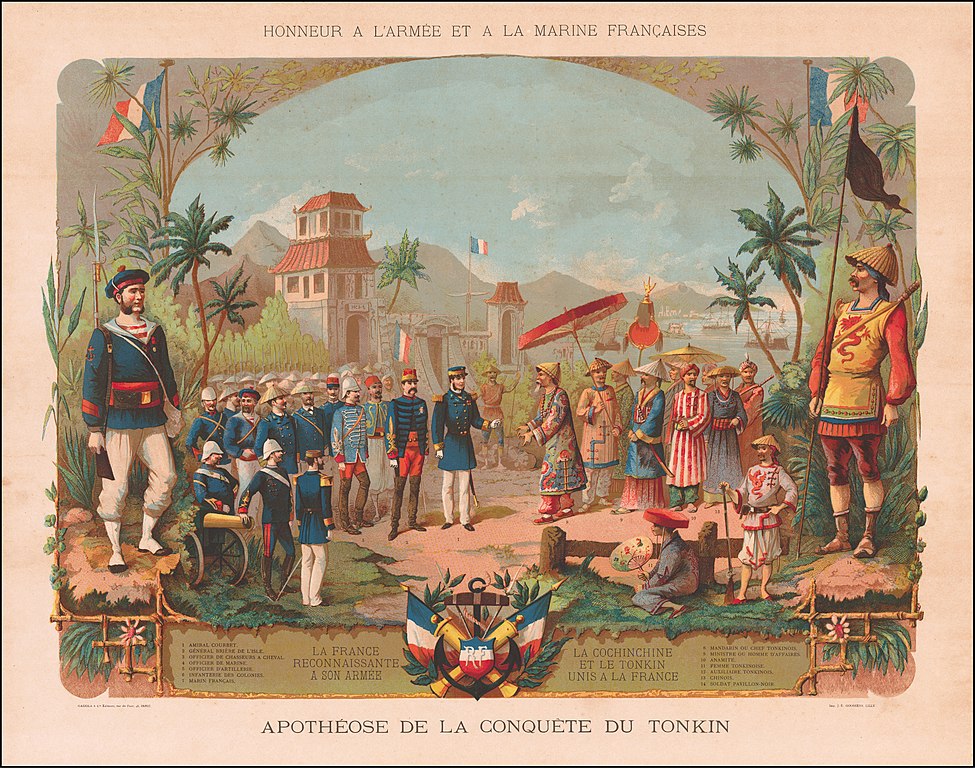
REQUIRED READING DUE APRIL 15:
Brocheux, Chapters 3 and 4 (116-217)
Colonialism Experienced 39-98
____________________
WEEK 13: 4-15
Presentations:
M Indochina Chapter 3 group work
W no class meeting; slides – How did peasaants experience colonialism?
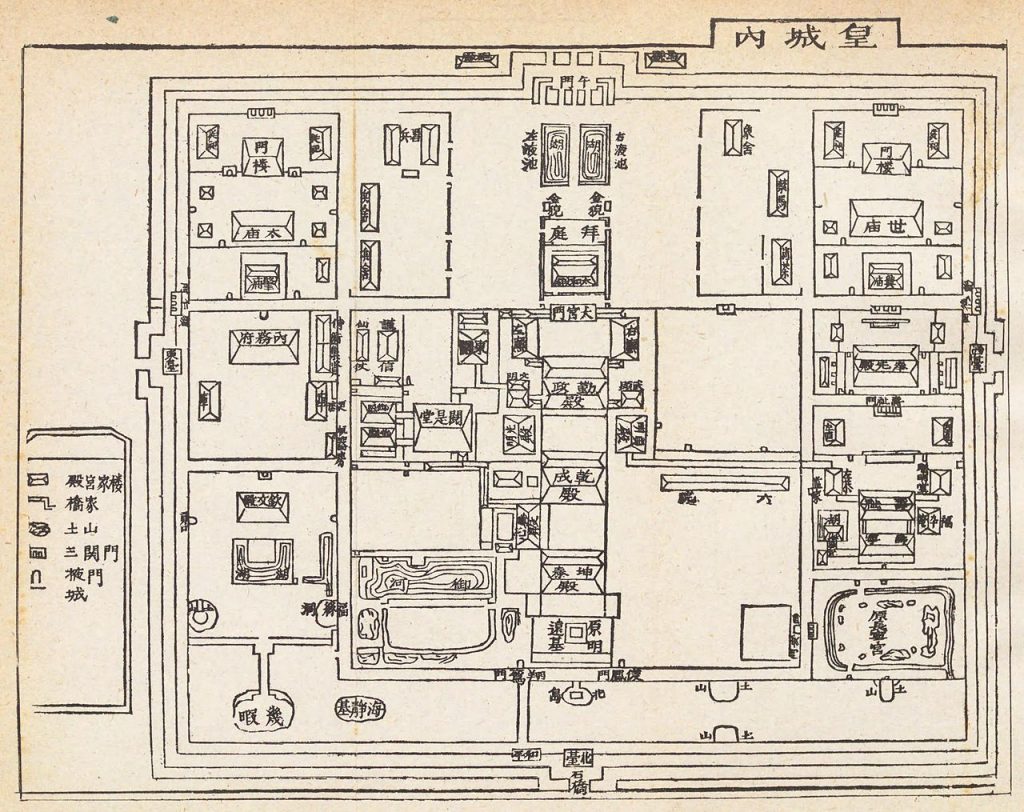
REQUIRED READING DUE APRIL 22:
Brocheux, Chapters 5 and 6 (217-281)
Colonialism Experienced: Document 4( 157-161) Document 9 (190-206)
_____________________
WEEK 14: 4-22
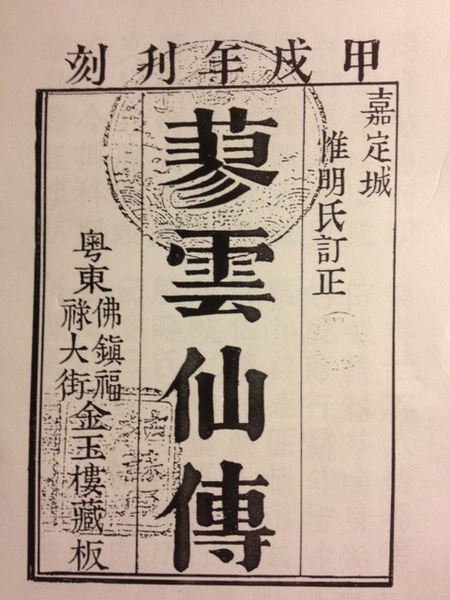
M Cultural Transformations – education; document 4
W Vietnam and history; impasses of colonial development
REQUIRED READING DUE APRIL 29:
Brocheux, chapters 7 and 8 (281-375)
Jennings, Intro, Chapters 1 through 4 (1-72)
____________________
WEEK 15: 4-29
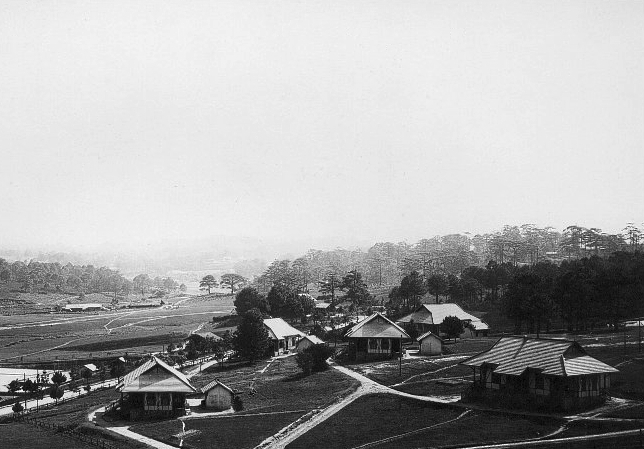
M
W
REQUIRED READING DUE MAY 6:
Jennings, Chapters 5 through 8 (72-158)
____________________
WEEK 16: 5-6
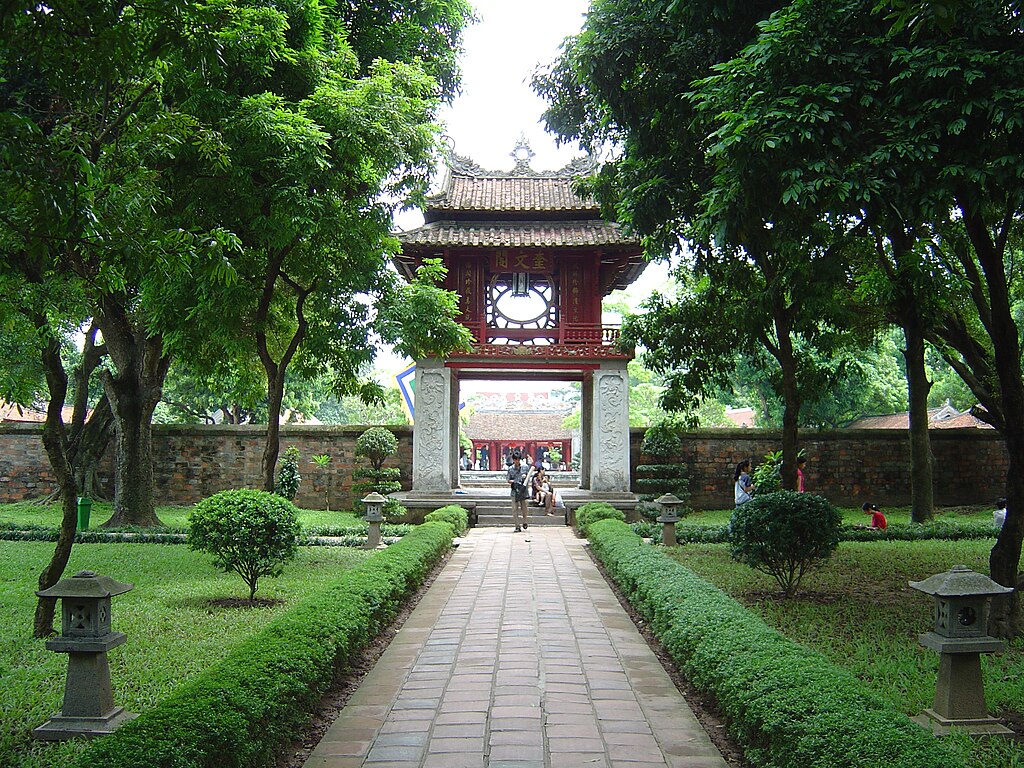
M
W
REQUIRED READING DUE MAY 13:
Jennings, chapters 9 through 14( 158-261)
Colonialism Experienced
____________________
FINAL EXAM WEEK: 5-13
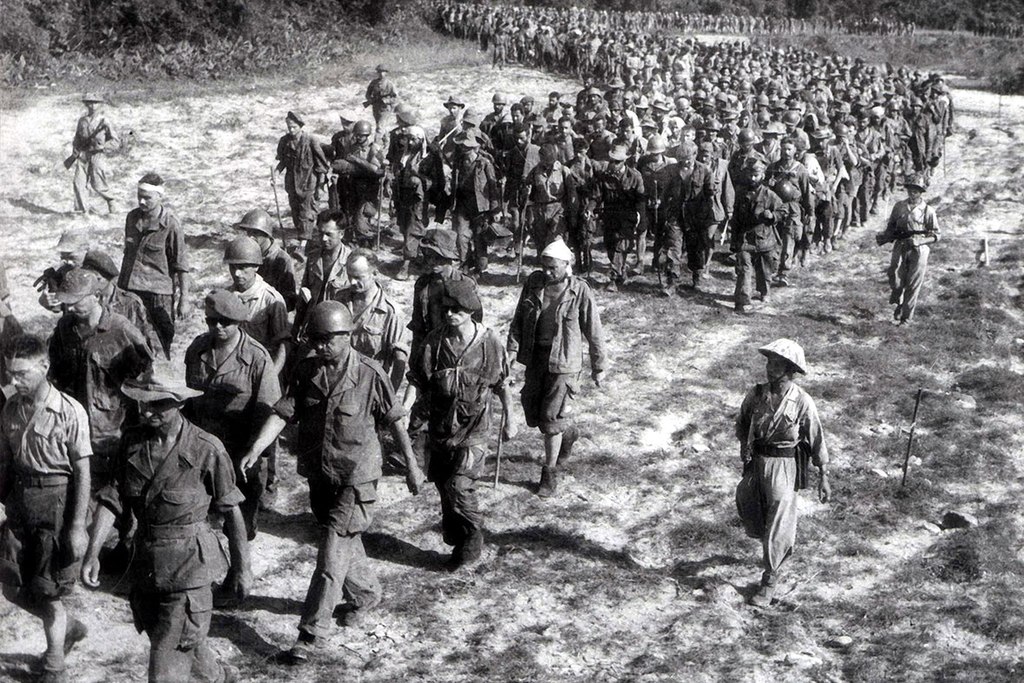
Fall, Hell in a Very Small Place
____________________
